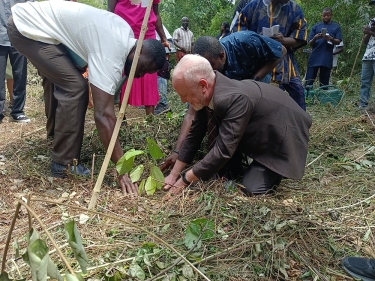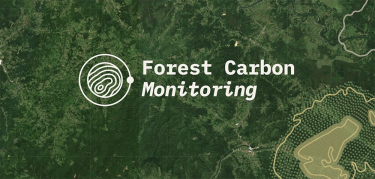Open Space Workshop on sustainable development indicators in construction
The technological institute, FCBA, EFIATLANTIC and the Univesity of Limoges all take part in the European project BenchValue, funded by SUMFOREST.
The aim of the project is to develop a versatile benchmarking method to compare renewable wood-based and non-renewable value chains and to quantify the sustainability impacts and climate change mitigation potential of substituting non-renewable with wood-based materials to support decision makers in policy and market environment.
As part of this project, a workshop was organised in order to compile a list of priority indicators to assess the performance of buildings in terms of sustainable development. This list will directly contribute to BenchValue, but it will also serve as a reference document for other applications.
The workshop was held towards the end of the WoodRise Congress, a conference on medium and high-rise wood buildings. Regional representatives from relevant groups and organisations attended the workshop, from sustainability assessment experts to construction engineering experts, in order for them to highlight and discuss the aspects of sustainable development that seem the most important when comparing different solutions for construction materials.
In addition to the classical indicators related to sustainability (economic cost, value added, and energy efficiency), the stakeholders found the following indicator clusters of interest: Adaptability, Beauty and Biophilia, Carbon footprint and Climate change, Employment, Health and Wellbeing, Local impact, Production cost, Resource depletion, Waste.
Furthermore, the following broad themes emerged as being of importance:
- Resource efficiency in terms of reusability of the building and building components, the recyclability of materials, and energy efficiency.
- The health and well-being of the residents in the buildings and the workers along the life cycle of the buildings.
- Local impacts that, besides having direct impacts on health and well-being, also have impacts on the local economy and employment.
A regional advisory group was set up in France on 19th December to contribute to the design and development of the French case study related to douglas wood frame building in nouvelle Aquitaine. This group, comprising architects, building designers, NGOs and forest industry organisations, is open to any organisation interested in the topic of sustainability assessment in the housing wood chain.



